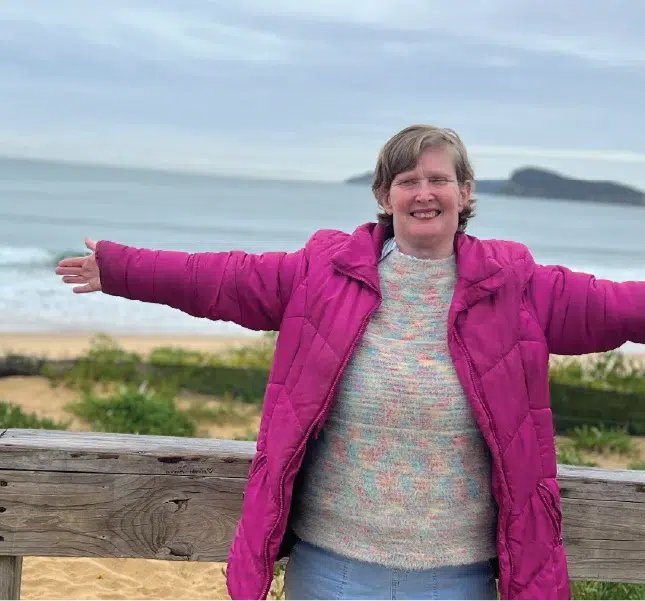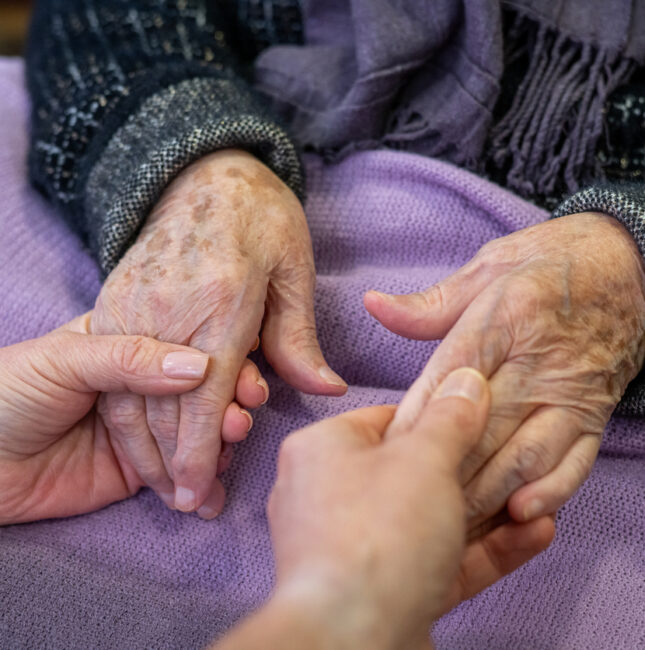Homelessness due to domestic violence on the rise
November 15, 2018
72,000 women across Australia, sought homelessness services in 2016–17 due to family/domestic violence.
Our Staying Home Leaving Violence program gives women who want to escape domestic or family violence a choice to stay in their own homes or to leave safely.
Family and domestic violence is any behaviour that is used to gain or maintain power and control over someone else. This could be psychological, emotional, physical, and/or sexual abuse, financial, social or spiritual control, stalking or intimidation. Domestic violence occurs across all socioeconomic groups and predominantly affects women.
1 in six women have experienced physical and/or sexual violence from a cohabitating partner, since the age of 15.
CatholicCare assist women who want to stay in their own homes by working with the police for exclusion orders and to provide a safety audit of their homes. We work to make homes and families safer.
If you want to leave your home, we are able to help with safe leaving plans and information about emergency accommodation. We can also provide you with information on Apprehended Domestic Violence Orders (ADVO), court processes and family law procedures.
The Staying Home Leaving Violence program is free and is offered through our Central Coast Family Centre, along with other domestic violence support.
For more information about Staying Home Leaving Violence:
P: (02) 4356 2600 or E: ccfc@catholiccaredbb.org.au.
by Amy Robertson, Marketing Coordinator Intern
More news stories like this one
Sarah blossoms at Clarke Road
Find out how the Click & Connect group at the Disability Hub Waitara boosted Sarah's confidence and tech skills over time.
Read MoreIntroducing Crossroad Companions end of life service
When you receive a terminal diagnosis, life can suddenly feel uncertain and overwhelming. Questions arise, roles change, and you may find yourself moving from one medical team to the next. We're here to help.
Read MoreWorld Day of Social Justice – injustice isn’t accidental
World Day of Social Justice isn’t about slogans or good intentions. It’s about facing an uncomfortable truth - the systems we live within do not work equally for everyone, and pretending otherwise costs people their dignity, safety and hope.
Read More


